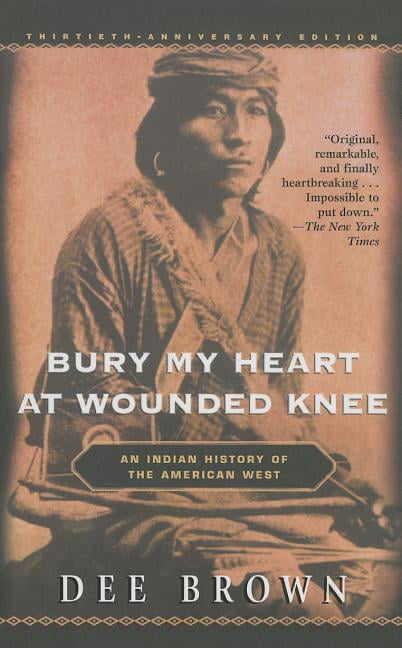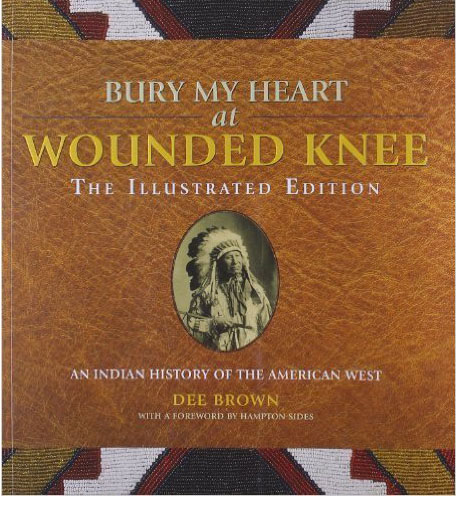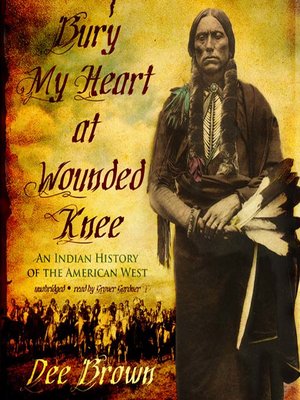

But he shows that in each and every part of the country, Indians hung on. Treuer begins with a swift look at the beginnings of European contact, with its endless tales of kidnappings, rapes, broken treaties and armed attacks. in anthropology and several novels under his belt, Treuer tells of the tug of family and tribe and the lure of the north woods at his Leech Lake Reservation.Īs Treuer shows, the Indians not only have maintained their culture and civilization through some dark years - but in some parts of the country, today, are thriving. A member of the Ojibwe Tribe from Minnesota with a Ph.D. Treuer recalls reading Brown's book while in college in the 1990s and being dismayed by the tales of Indian reservations as nothing more than worn places of hopelessness and squalor. government betrayal, forced relocation and massacres.

Treuer calls his new book, The Heartbeat of Wounded Knee: Native America from 1890 to the Present, a "counternarrative" to Brown's classic - which sold millions of copies with its story of U.S.

In the 1970 work by Dee Brown, Bury My Heart at Wounded Knee, the author - a non-Indian with seemingly little connection to any current tribes - declared that "the culture and civilization of the American Indian was destroyed" during the late 1800s. Your purchase helps support NPR programming. to continue reading please click here.Close overlay Buy Featured Book Title The Heartbeat of Wounded Knee Subtitle Native America from 1890 to the Present Author David Treuer

By choosing Benét’s line for his title, Dorris Alexander “Dee” Brown (1908–2002) did much to perpetuate and give meaning to this American name. 7th Cavalry, under orders to disarm a group of several hundred Miniconjou and Hunkpapa Sioux, stumbled into a chaotic fight on December 29, 1890, in which they killed probably more than 150 Indians, including dozens of women and children, and lost 25 men. The American name “Wounded Knee” referred to the site near Wounded Knee Creek in southwestern South Dakota where troops of the U.S. There are English counties like hunting-tunes I have fallen in love with American names,īut the spoonbowl-metal is thin and worn, The title of the book comes from the last line of Stephen Vincent Benét’s poem, “American Names,” published in the Yale Review in 1927, about someone who finds his ancestral European attachments fading as his native American attachments grow: What’s in a name? Bury My Heart at Wounded Knee, published 50 years ago, is still a widely read book on the American Indians.


 0 kommentar(er)
0 kommentar(er)
